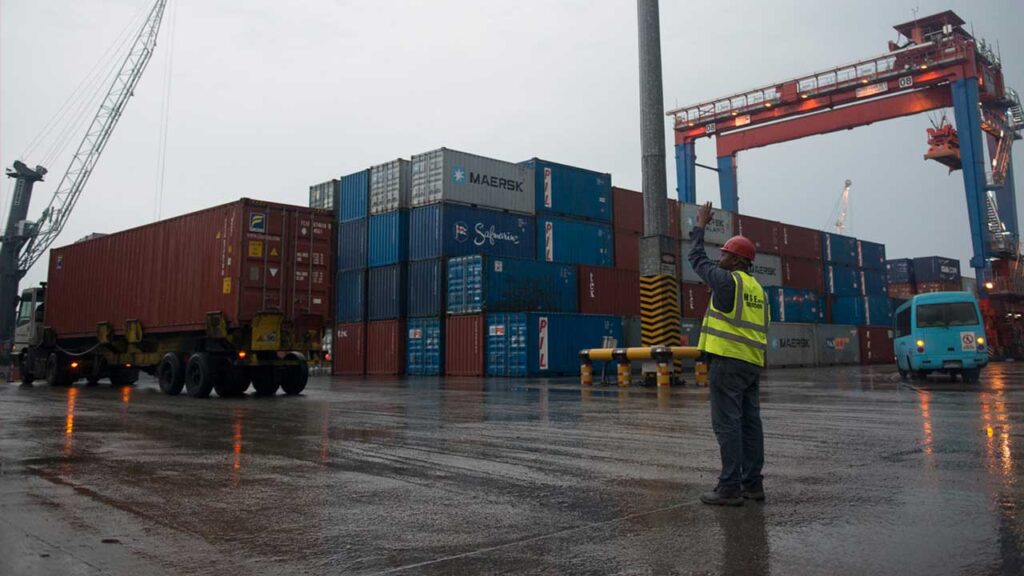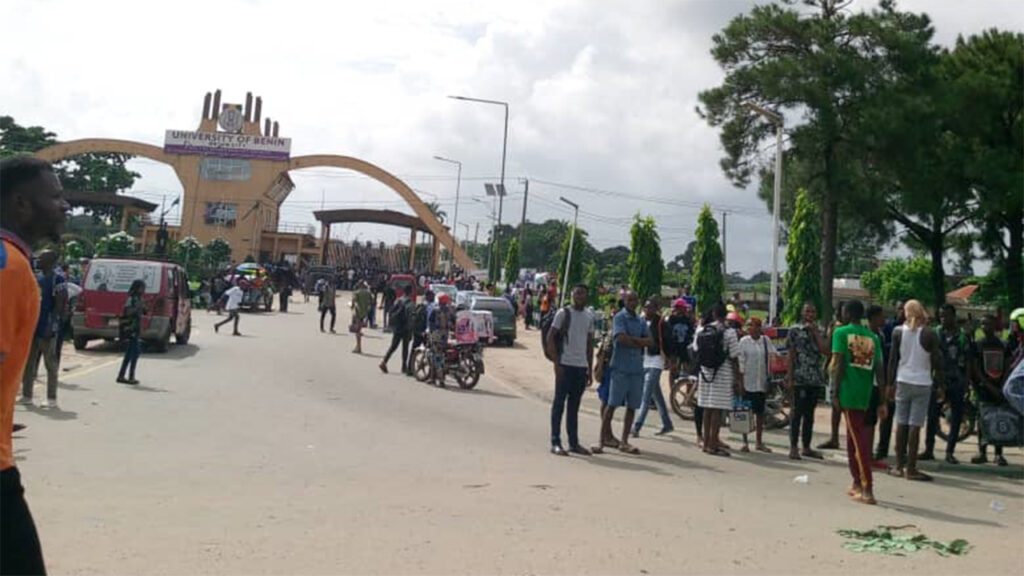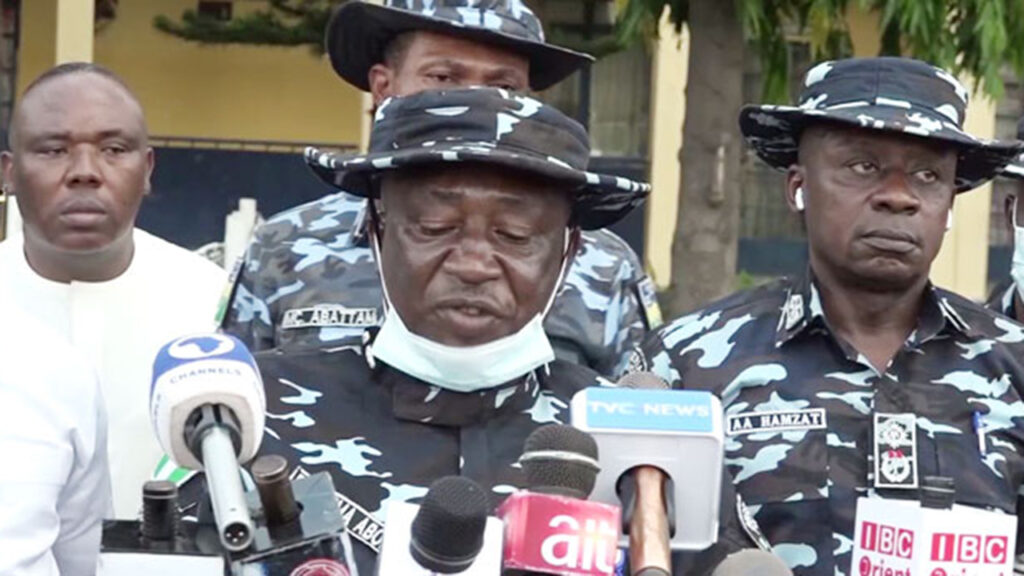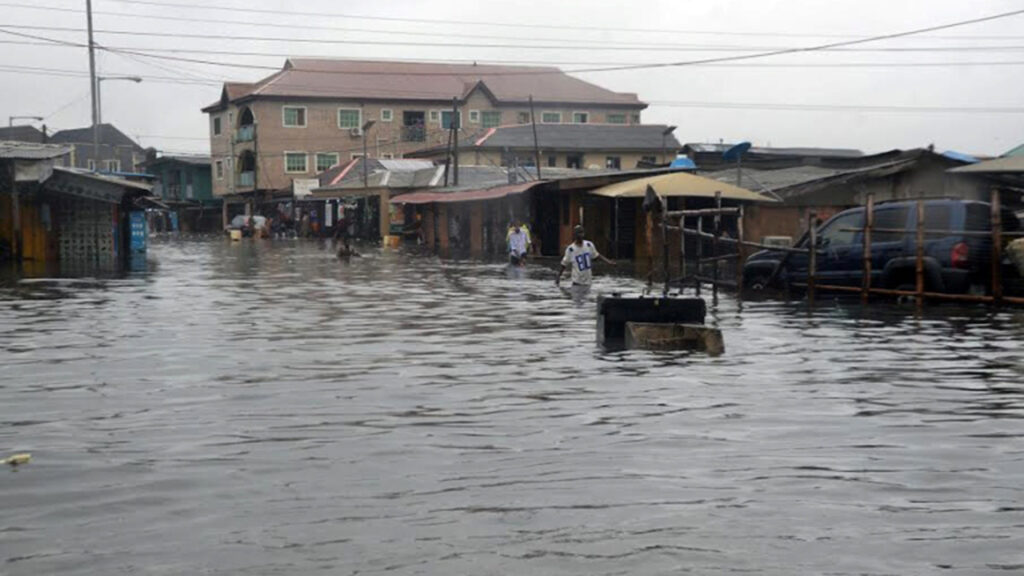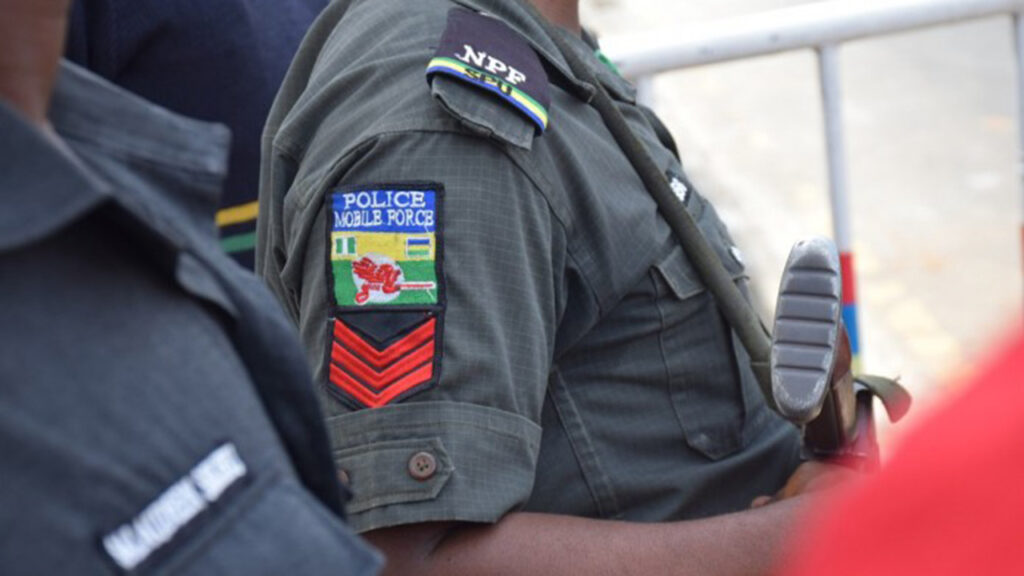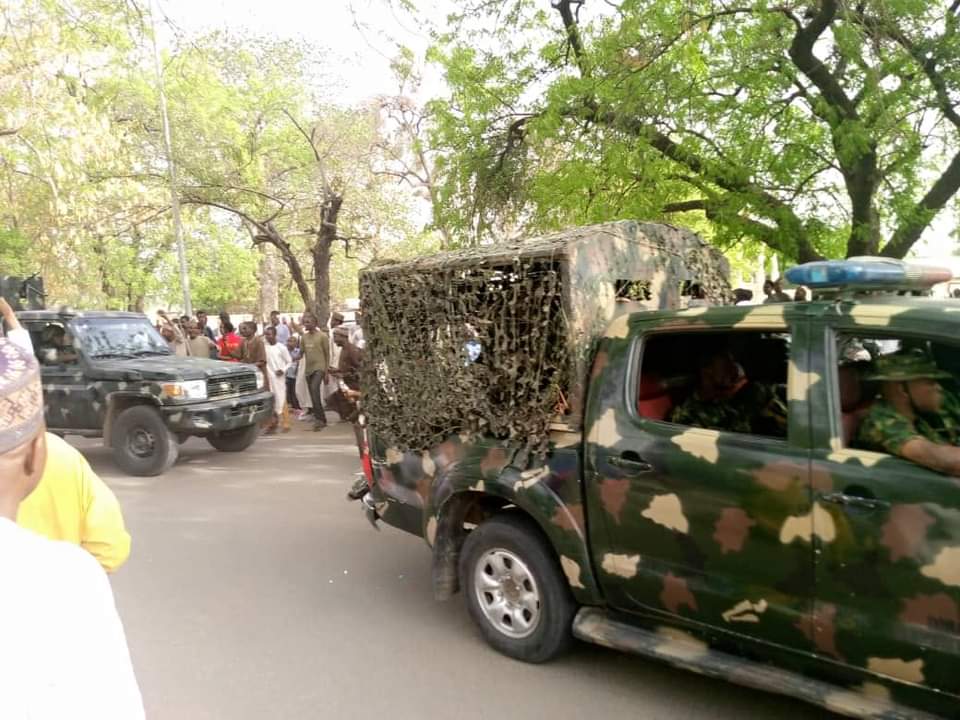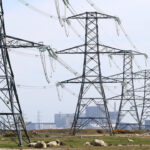
The Nigerian Institute of Electrical and Electronic Engineers (NIEEE), has attributed Nigeria’s economic challenges to poor electricity power supply.
The institute emphasized that insufficient electricity access for consumers in Nigeria is significantly impacting the economy, particularly the manufacturing sector and the prices of building and electrical materials in the market.
Enger. Felix Olutimi Olu, disclosed this in Abuja, during his investiture as the 21st president of NIEEE, saying that the detrimental effects of the power supply issues on the national economy and lifestyle.
Olu pointed out that the high cost of power is preventing the establishment of local industries and hindering the production of goods within the country. This, in turn, has made Nigeria reliant on global industries for most products.
Olu said: “The cost content that power injects into the overall cost is high and intolerable. So a lot of the industries are folded up. Some people that have innovative ideas cannot start producing because of the cost of power supply. So our weak and somersaulting economy is so because there is no foundation of power supply. ”
NIEEE recently conducted a conference involving government and private organizations to discuss the power supply issue and published a communique summarizing their findings.
In addition to the power supply problems, Nigeria is facing a rise in insecurity, according to Professor Bourdillon Omijeh from the University of Port Harcourt. Omijeh, noted the increasing incidents of armed violence, including banditry, insurgency, secession agitations and gang wars across various regions of the country, a major challenge to development.
Omijeh explained that different regions are experiencing specific types of violence, such as banditry in the Northwest and North Central regions, insurgency in the Northeast, violent secession agitations in the Southeast, and gang wars in the Southwest and South-south zones.
Omijeh said: “Nigeria is enduring a rise in insecurity with armed actors establishing new killing fields, regular violent hotspots to record new incidents. The key violent drivers are either distinct to regions or cut across various locations.
“For example, there is increasing banditry in the Northwest and North Central regions, insurgency in the Northeast, violent secession agitations in the Southeast, and gang wars in the Southwest and south-south zones.
“There are pockets of extra-judicial kilings and communal wars nationwide. The age-long farmer-herders crisis has also lingered, adding to the security and socio-economic challenges in the conflict areas and beyond.”


